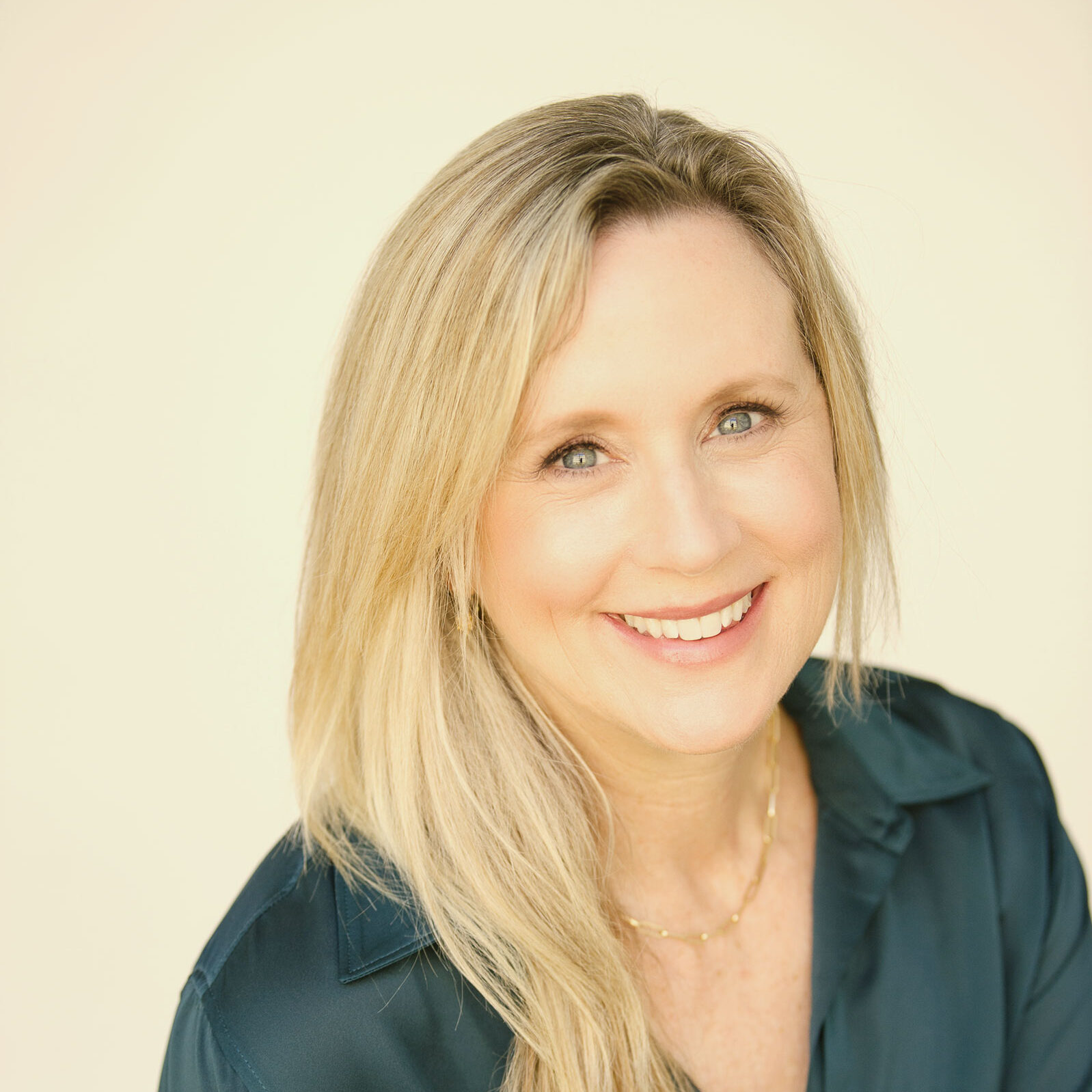What made you commit to completing your degree?
My experiences at Harvard reinvigorated my love of learning and teaching. After more than 20 years in the education field, I viewed the next 20 with hesitation, feeling it was my last chance to change course.
I had been interested in museum education since I received my first master’s degree in education in 1995, but I continued to follow a more traditional teaching path.
When I discovered Harvard Extension School’s Museum Studies program, I excitedly dove in.
After my first few courses, I felt like I was right where I needed to be, and the possibilities for future career pivots were suddenly real and achievable.
The breadth of coursework in the field contributed to a well-rounded education in museum studies, while still building on the career I had. In fact, that acknowledgement was one of the best aspects of the program.
Rather than beginning from a zero-knowledge base, the professors universally tapped into the particular expertise and backgrounds of the degree candidates, asking us to draw from our histories — both personal and professional — and to consider their impact and usefulness to our future career goals.
Writing the capstone also led to my first book contract with Rowman and Littlefield. The book will be published in 2024.
Diverse perspectives and experiences at HES are honored and valued. My recommendation for future students is to lean into the program and embrace your status as a student as much as possible.
I took classes, such as The Business of Museums, not because it was my focus, but because I felt it was important to take the opportunity to learn about all aspects of my new field.
I also completed an internship at the Ringling Museum of Art, for which I received credit.
I jokingly introduced myself there as “the world’s oldest intern,” and it was at first a bit humbling to take direction from museum educators who were 25 years younger than me. But I would not change the experience for a minute.
They appreciated my diverse teaching and curriculum background, and I learned a tremendous amount from them. Owning this career shift and my need for experience enriched the process of completing my degree.
I am very proud of this degree and what it meant to complete it at this stage of life.
What was your capstone project?
In Museum Studies, we take a wide range of classes but choose a concentration: curating, collections, or business for example. My capstone allowed me to crystallize my interests and future path and dive into something that applied directly to the work I hope to pursue in museums.
My capstone describes an educational lens or model which I call “Visitor Response Pedagogies,” which supports educational programming focused on visitors’ emotional responses to works, moving away from predetermining what visitors should learn.
The idea of museums adopting this lens is exciting because it levels the playing field for visitors, celebrating diverse perspectives and allowing visitors to decide what is meaningful to them.
This in turn creates connection and fosters social and emotional wellbeing.
Writing the capstone also led to my first book contract with Rowman and Littlefield, titled Implementing Purpose-Based Museum Programming Using Visitor Response Pedagogies. The book will be published in 2024.
What is something unexpected that you learned about Harvard?
I am graduating with a group that largely pursued their coursework during the pandemic, and I never expected to be so impressed — even daunted — by the range and caliber of my student peers.
I often felt my prior degrees and work experience were by far the least interesting of my student cohorts. Moreover, I did not expect to feel so connected to my professors and my fellow classmates given the mostly virtual format.
I will miss the people and ritual of setting aside a few hours each week to connect with others who share the same passions as I do.
I recall in the early days of the pandemic that we would join our virtual classroom and feel genuine comfort in connecting and sharing as we tried to make sense of what was occurring around the globe.
Although I continued some part-time teaching in the two years that followed, it was my HES classes that occupied my mind, giving me a sense of joy and purpose and a reason to talk about or read something that purely interested and challenged me.
Joining in with other people passionate about museums and what they offer society — particularly during a time when their access and relevancy was questioned — provided me with hope at that time, and it continues to do so.
What are you going to miss the most about HES?
I will miss the people and ritual of setting aside a few hours each week to connect with others who share the same passions as I do.
Although I am sure I will continue to meet interesting, museum-obsessed people, having a designated time to tackle tough subjects or current events and share experiences was definitely fulfilling and appreciated.
Describe your HES experience in one word.
Energizing.

